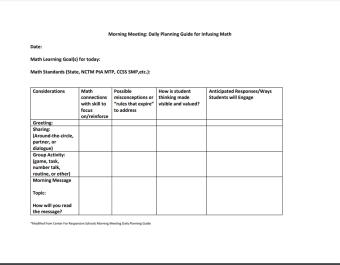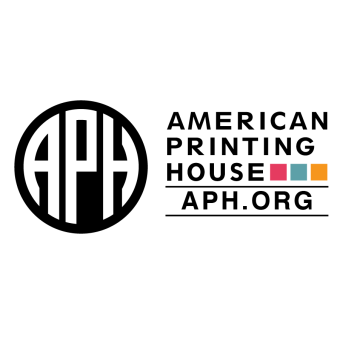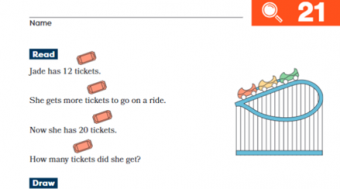Universal Design for Learning
Universal Design for Learning (UDL) is a research-based set of principles to guide the design of learning environments that are accessible and effective for all people based on scientific insights into how humans learn.
Ultimately, the goal of UDL is to support learners to become “expert learners” who are, each in their own way, purposeful and motivated, resourceful and knowledgeable, and strategic and goal-driven. UDL aims to change the design of the environment rather than changing the learner. When environments are intentionally designed to reduce barriers, all learners can engage in rigorous, meaningful learning.
Source: udlguidelines.cast.org
Using UDL to Plan a Book Study Lesson for Students With Intellectual Disabilities in Inclusive Classrooms
Approaching Explicit Instruction Within a Universal Design for Learning Framework
Children with Attachment & Trauma-Related Needs, Universal Design for Learning, and Promoting 'Felt Safety' using a Trauma-Integrated Approach
Watch a video from our recent October 15, 2022, workshop about: Children with Attachment and Trauma-Related Needs, Universal Design for Learning, and Promoting 'Felt Safety' using a Trauma-Integrated...
Morning Meeting Planning Guide For Infusing a Mathematics Activity that Engages All Students

American Printing House for the Blind (APH)

APH is committed to diversity, inclusion, and accessibility in everything we do. These core values are fundamental to the way we work, and are foundational to both the physical products we create and the intangible services and experiences we provide. Universal design is design and composition that can be accessed, understood, and used to the greatest extent possible by all people, regardless of their age or abilities. This is our goal when working to serve the needs of those with no vision, low vision, deafblindess, and CVI.
From tools for the home and classroom, to resources for educators
Deborah Metcalf

ABC or 123? How Reading Can Get in the Way of Math Achievement and What to Do About It

Anna Brown
